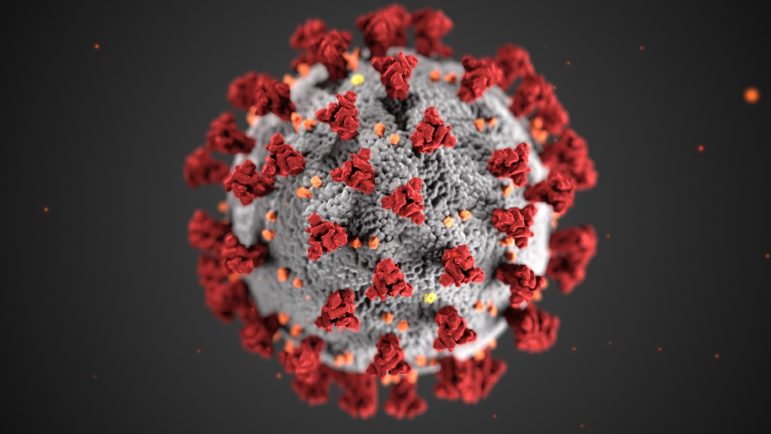
Two GIJN Webinars: How Journalists in Asia Can Better Market Investigative Stories
This webinar will provide strategies and tips to engage and build audiences. It features a strategist with two decades of experience in media investing and growth, an expert on maximizing audiences via social media, and two digital specialists leading successful investigative outlets.









